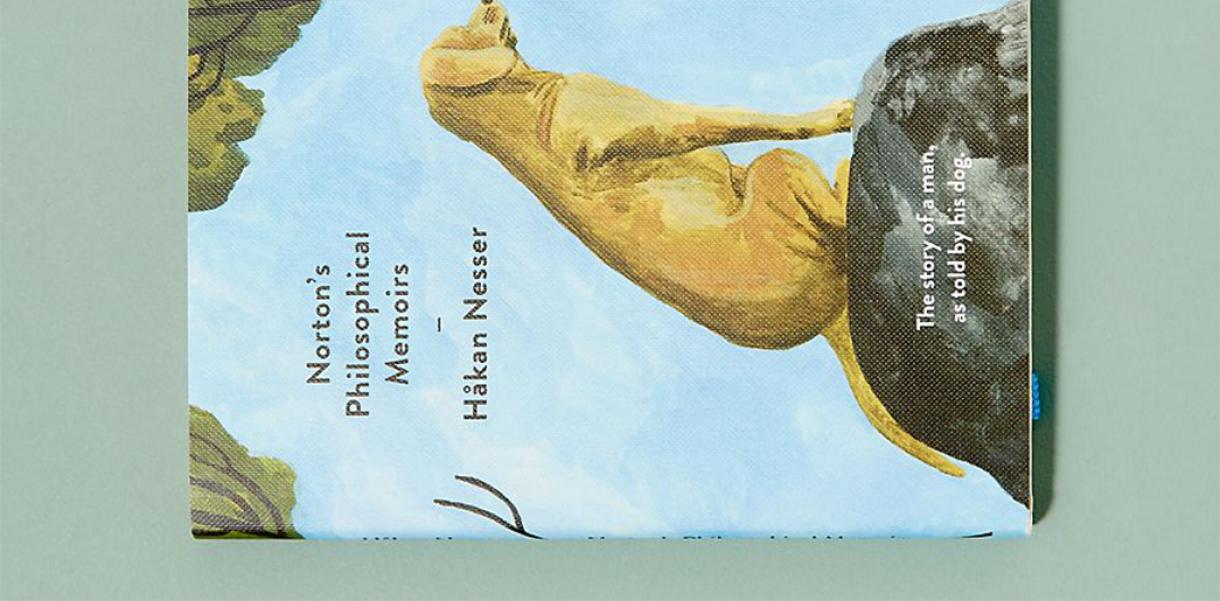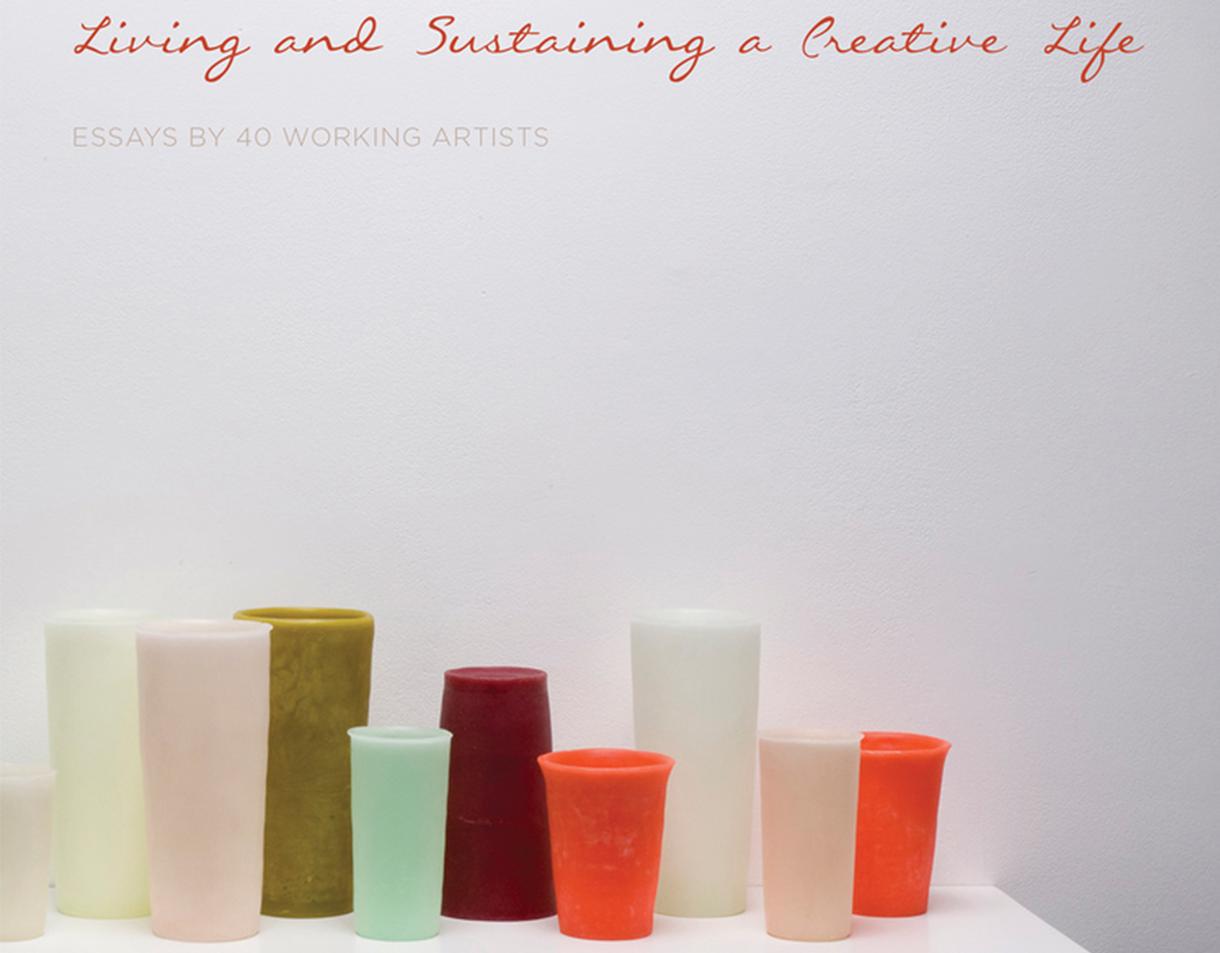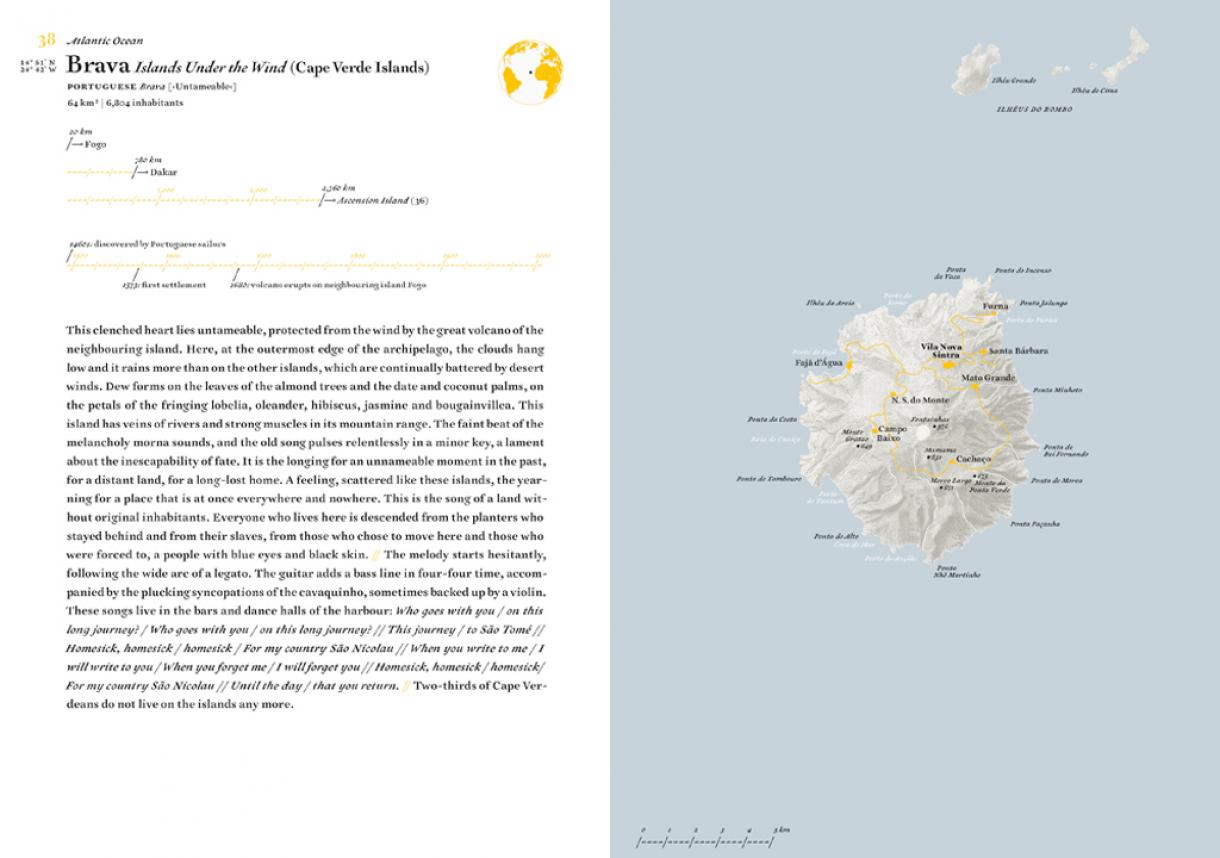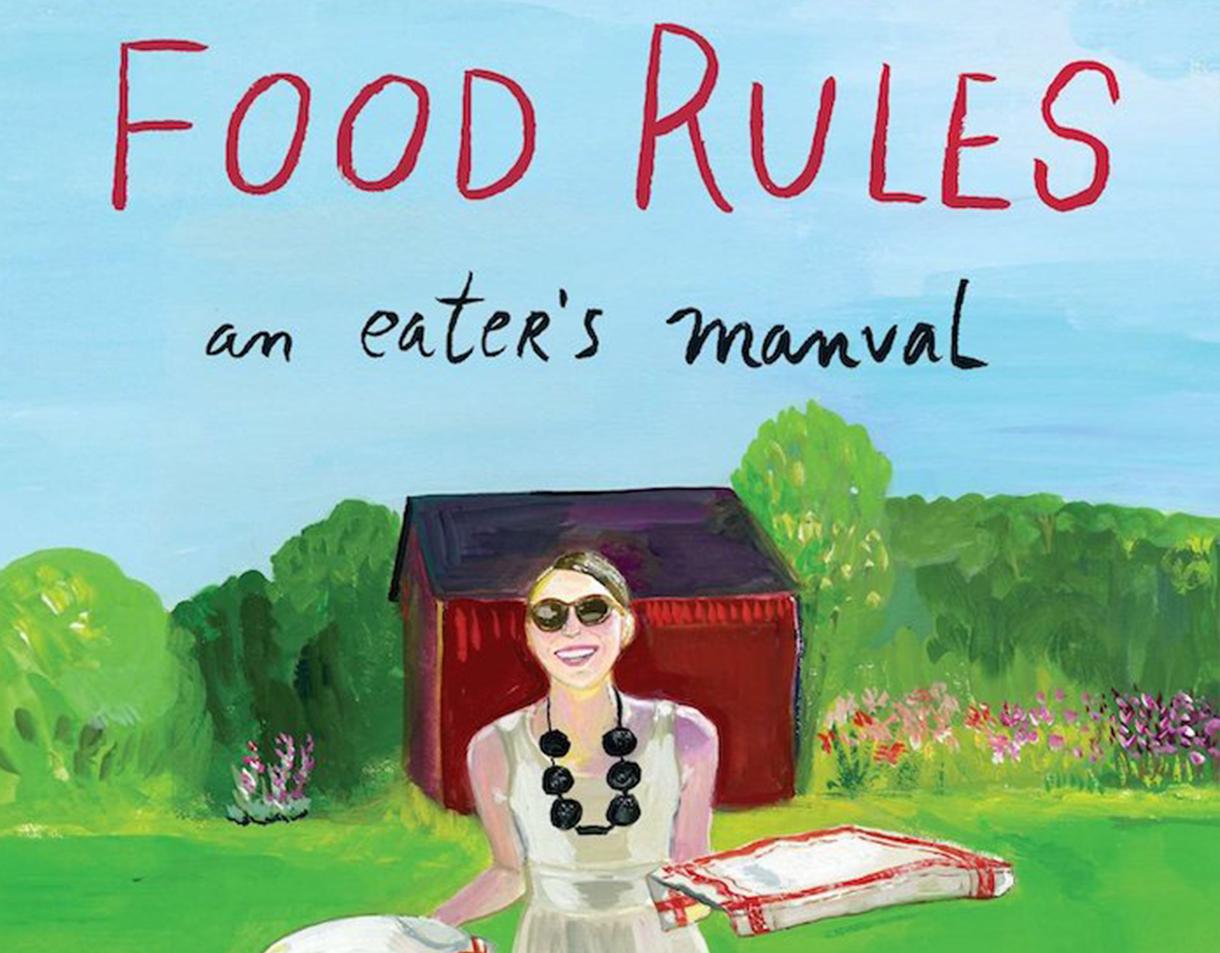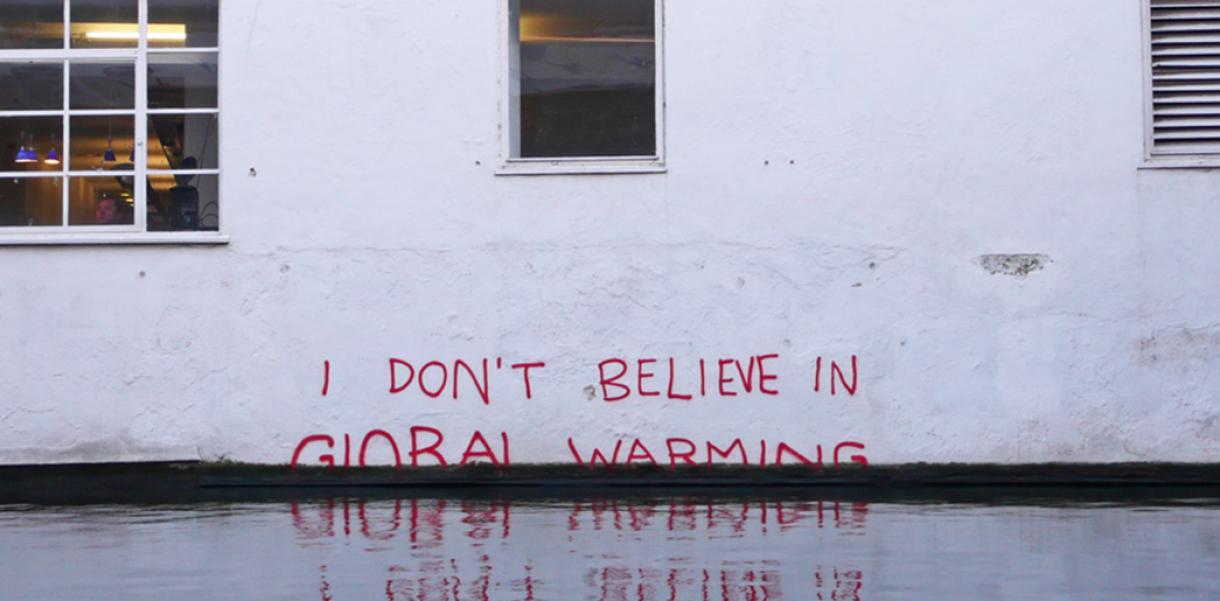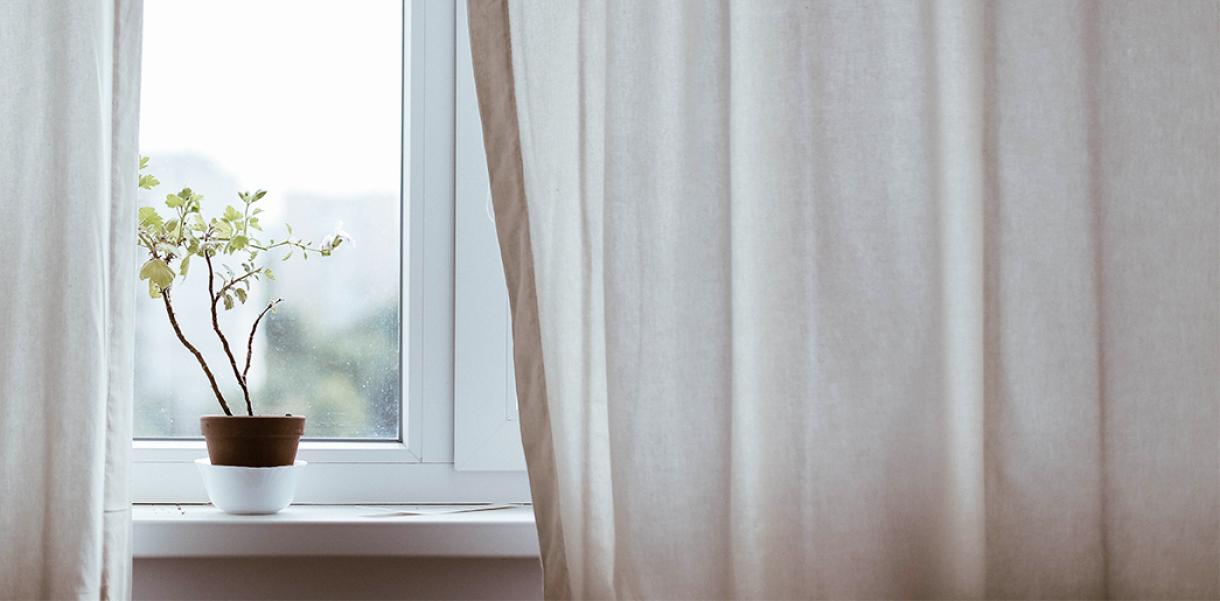During these strange times, I believe many of us reflect more often as we face new perspectives of life on Earth. Some more serious and fundamental than others. But it doesn't all have to be overwhelming change and insecurity before we learn to look at things differently. That's why I love the experience and insight a book can offer me. These are five of my favourite books that, in surprising ways, have altered my view on life and living in general (disclaimer: it's far less existential than it sounds).
Atlas of Remote Islands: Judith Schalansky
Some might feel like a remote island these days. Whether or not you need to reassess the concept of isolation, this atlas-meets-fairytale-meets-scientific-journal makes you feel like following a Columbus 2.0 to remote and somewhat isolated islands around the world. For each of the 50 islands, the location, number of inhabitants, size and peculiar historic impacts are noted. Every single one of them arouses my curiosity! For instance, on Laurie Island (p. 126) in the Antarctic Ocean, 14-45 inhabitants are registered. Who are these inhabitants? Or take the Pingelap Atoll (p. 98) in the Pacific Ocean with the strange genetic circumstance that makes 1 in 10 of its 250 inhabitants colourblind (in an average society 1 in 30,000 is colourblind): the colours of paradise suddenly have a very different connotation!
Nortons Philosophical Memoirs: Håkan Nesser
This novel-biography is probably not for everyone but, since it's relatively short, it deserves a chance. A person once said to me, if one doesn't like animals, how can one have a soul? Animal-lover or not, Norton's Philosophical Memoirs is a fine little story told by a dog (hang in there!) and written down by its owner, renowned author Håkan Nesser. It takes the reader through life adventures and experiences of a man viewed by his dog, Norton, including that of Norton's own death.
Food Rules - An Eater's Manual: Michael Pollan
Food Rules is not on a quest to philosophise but, instead, simplify our relationship with food and eating while nodding to the way we live with our culture, health and the surrounding environment. It's not a book about diets or ten steps to living more sustainably! Throughout 139 pages, Pollan shares 64 'rules' (most of them with an accompanying text) that makes eating less fuzzy, such as rule no. 20, "It's not food if it arrived through the window of your car" or no. 51, "Spend as much time enjoying the meal as it took to prepare it". Even though the book targets American eating culture, I believe the rules are useful in almost any modern society. I personally knew I had to buy it when I read the dedication text: "For my mother, who always knew butter was better for you than margarine".
Living and Sustaining a Creative Life - Essays by 40 Working Artists: Sharon Louden
I remember buying this book in the hopes of getting the non-glamorous version of a mystified lifestyle. This collection of essays is both fun and inspiring and gives a no-nonsense insight into the daily routines, struggles, hopes and aspirations of 40 working American artists. Much to some of the artists' own surprise, it's far less fancy than it may seem as Jennifer Dalton admits in her essay: "I remember the first time someone told me that many artists with apparently thriving careers and gallery representation still had day jobs. It was the first of a very long series of realisations that the art world is at least 50% smoke and mirrors".
Hillbilly Elegy: J. D. Vance
This memoir was recommended to a few of my colleagues by Kigge Hvid, founder and then-CEO of Index, right around the time when Trump was elected president. How could we approach the slightest understanding of the people that had voted for him? We asked ourselves and each other over and over. Reading Hillbilly Elegy, a life story from the Rust Belt experienced and told by J. D. Vance, reassured me there is ever so much we don't know about the battles of other people.
Happy reading!
